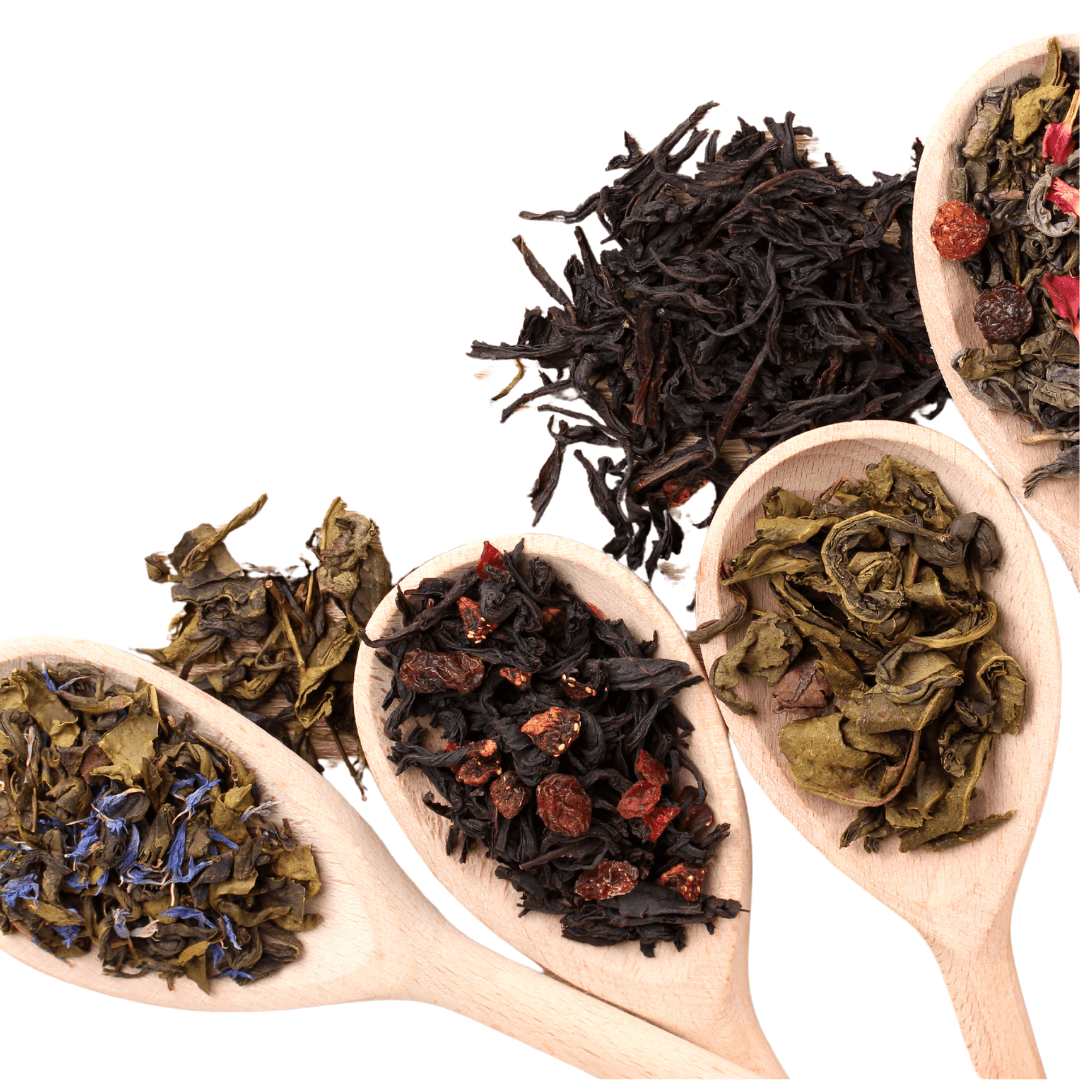Summer is here, and opportunities to enjoy the sun, the beach, and outdoor activities come with it. But how can you ensure you keep your health in optimal condition during this season? In this guide, we'll show you how turmeric can be your ally to reduce inflammation, promote well-being, and offer advice on hydration, diet, and exercise. Let's dive in!
The Benefits of Turmeric


Turmeric, a golden spice used for centuries in traditional medicine, is known for its anti-inflammatory and antioxidant properties. The main active compound in turmeric, curcumin, has been the subject of numerous studies highlighting its many health benefits.
Anti-inflammatory properties
Chronic inflammation can lead to various diseases. Curcumin helps reduce this inflammation, relieving symptoms of conditions such as arthritis and improving the body's overall health.
Powerful Antioxidants
The antioxidants present in turmeric fight free radicals, protecting cells from damage and helping to prevent chronic diseases.
Improves Digestive Health
Turmeric can also improve digestion by stimulating bile production in the liver, aiding the breakdown of fats, and facilitating digestion.
Support to the Immune System
Regular consumption of turmeric can strengthen the immune system, helping your body fight infections and diseases.
Incorporating Turmeric into your Diet
Including turmeric in your daily diet is easier than you think. Here are some ideas to make the most of this powerful spice:
- Smoothies and Juices: Add a teaspoon of turmeric to your morning smoothies or fruit juices for an antioxidant boost.
- Infusions: Prepare a turmeric tea by combining hot water, ginger, and a little honey.
- Cooking: Use turmeric in your curries, soups and stews. You can also sprinkle some on salads and rice dishes.
- Golden Milk: Prepare a delicious drink by combining milk (or a plant-based alternative) with turmeric, cinnamon, ginger, and honey.
For easy and effective daily intake, try our supplements Turmeric Gold and Inflammation Relief.
Hydration in Summer
Staying hydrated is crucial, especially during the hot summer months. Here are some tips to make sure you drink enough water:
- Drink Water Regularly: Don't wait until you're thirsty. Always carry a bottle of water with you.
- Water with Fruit Infusions: If plain water is boring, add slices of fruit such as lemon, orange, or strawberries to give it a touch of flavor.
- Consumption of Hydrating Foods: Eat fruits and vegetables with high water content, such as watermelon, cucumber, and melon.
- Homemade Electrolyte Drinks: Prepare your electrolyte drinks by mixing water, a pinch of salt, and a little lemon or orange juice.
Healthy Summer Diet

A balanced diet can help you feel energized and healthy all summer long. Did you know that our microbiota can change according to the seasons, especially in summer, some studies explain this in depth. Here are some recommendations:
- Fresh Fruits and Vegetables: Take advantage of the abundance of fresh seasonal fruits and vegetables.
- Lean Proteins: Incorporates lean protein sources such as chicken, fish, and legumes.
- Healthy Fats: Don't forget the healthy fats present in avocado, nuts, and olive oil.
- Healthy Snacks: Opt for light and nutritious snacks such as natural yogurt, and hummus with vegetables and nuts.
Exercises to Stay Active


Regular exercise is essential to maintain good health. During the summer, you can take advantage of the weather to do outdoor activities:
- Walking and Hiking: Explore parks and nature trails. Swimming: It is a great form of exercise that also helps you stay cool.
- Outdoor Sports: Play soccer, beach volleyball, or practice yoga in the park.
- Bicycle: Go for bike rides around your city or along natural routes.
- Aquatic Exercises: In addition to swimming, you can try aquaerobics or aquafitness, which are fun and effective.
Additional Tips for a Healthy Summer
Solar protection
Don't forget to protect your skin from the sun. Use sunscreen with a high SPF, wear light, light-colored clothing, and seek shade during peak sun hours.
Maintain a Regular Sleep
Schedule Summer can disrupt your sleep routine, especially with late-night events and longer days. Try to maintain a regular sleep schedule to ensure adequate rest.
Keep Calm and Relax
Stress can affect your overall well-being. Spend time doing activities that relax you, such as reading, meditation, or a relaxing bath.
Frequent questions
How can I include turmeric in my daily diet?
Turmeric can be added to smoothies, infusions, and cooked dishes such as curries, soups, and stews. You can also sprinkle it on salads and rice dishes.
How much turmeric should I consume daily?
The recommended dosage varies, but it is generally suggested to consume between 500 and 2000 mg of curcumin per day. It is best to consult with a health professional.
Can turmeric help with inflammation?
Yes, curcumin, the main active ingredient in turmeric, has anti-inflammatory properties that can help reduce inflammation in the body.
What foods are good to hydrate in summer?
Fruits and vegetables with high water content such as watermelon, cucumber, and cantaloupe are great options for staying hydrated.
What types of exercises are recommended in summer?
Outdoor activities like hiking, swimming, cycling, and team sports are great options to stay active during the summer.
Final Thoughts
Staying healthy during the summer doesn't have to be complicated. Incorporating turmeric into your diet, staying hydrated, eating a balanced diet, and exercising outdoors are simple steps that can have a big impact on your well-being. Enjoy the summer taking care of your health!
For more information on how to maintain a healthy lifestyle and other helpful tips, feel free to explore our other articles and resources.




